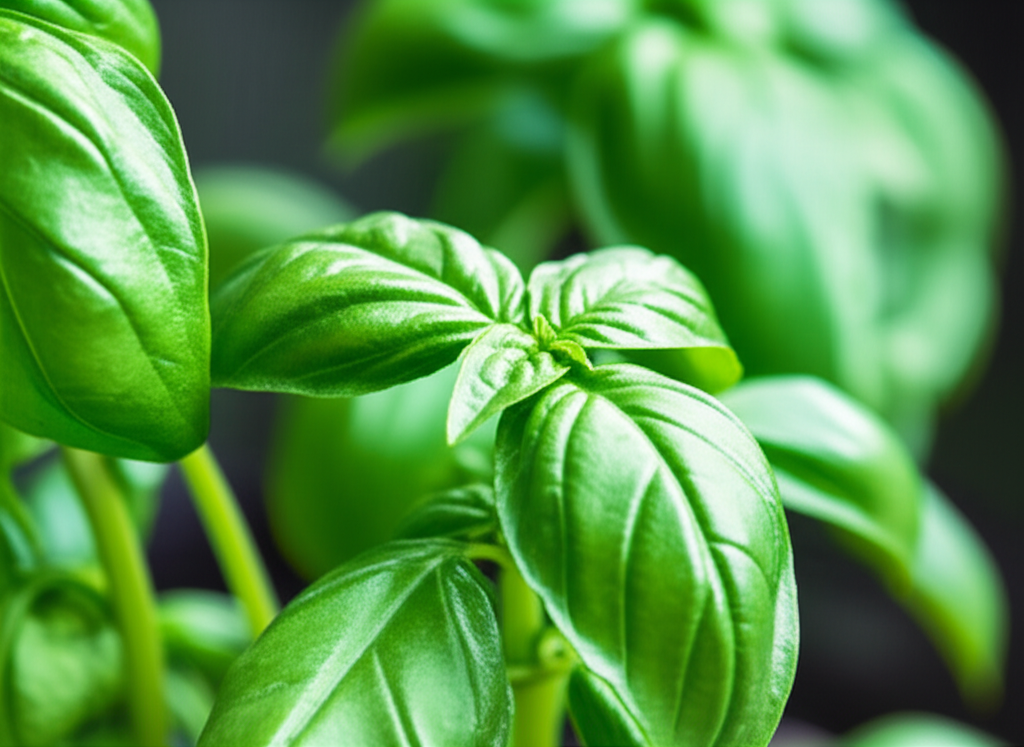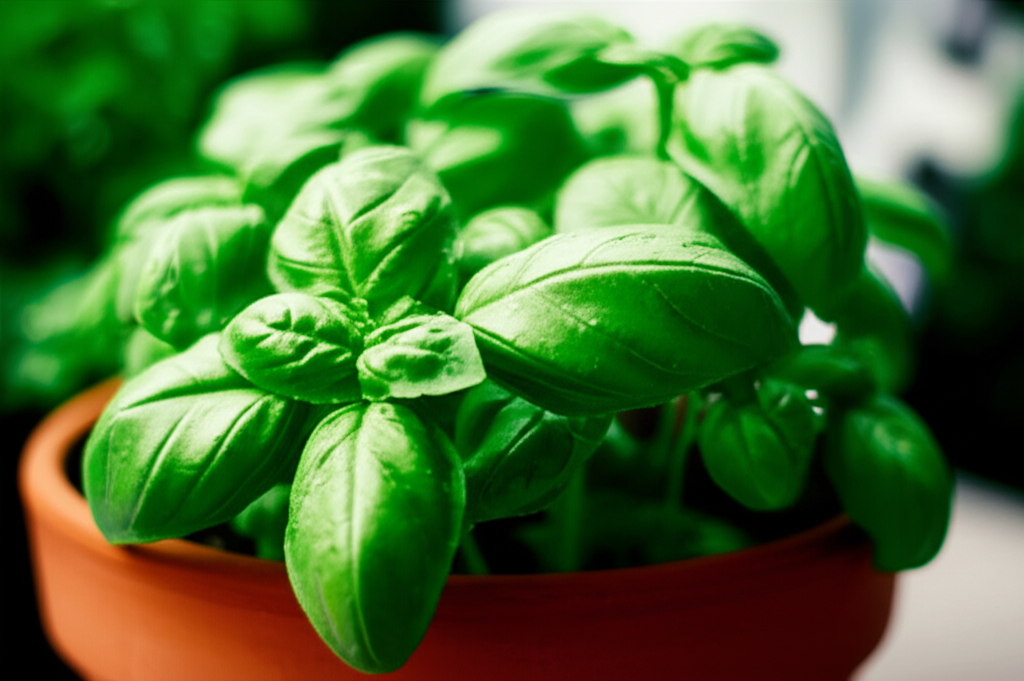Can You Grow Basil Plants Indoors Year-Round? Your Guide to an Endless Supply of Fresh Flavor

Are you dreaming of fragrant, fresh basil leaves gracing your kitchen counter, even as winter chills set in? The question of whether you can grow basil plants indoors year-round is a common one for home cooks and gardening enthusiasts alike, and the answer is a resounding yes! This ability not only extends your culinary horizons beyond the traditional growing season but also fosters a deeper connection with your food and the plants that sustain it, contributing to a more sustainable and self-sufficient lifestyle. Let’s unlock the secrets to a continuous harvest of this beloved herb.
Quick Answer Box
Yes, you can absolutely grow basil plants indoors year-round. With the right light, consistent watering, and appropriate temperature, you can enjoy fresh basil harvests from your own windowsill or grow tent, transforming your indoor space into a mini herb garden.
What is Basil Plant Growing and Why It’s Important in Gardening
“Basil plants growing” refers to the entire process of cultivating basil, from seed germination to mature plant care, specifically within a controlled indoor environment. Basil ( Ocimum basilicum) is a tender annual herb in the mint family, known for its aromatic leaves and diverse culinary uses, from pesto and caprese salad to pasta sauces and infused oils.
Growing basil indoors year-round is important for several key reasons:
Culinary Continuity: It ensures a constant supply of fresh, flavorful basil for cooking, regardless of the outdoor weather or season. This is particularly valuable for those who rely on basil as a staple ingredient.
Dietary Enrichment: Access to fresh herbs can encourage healthier eating habits by making it easier to add vibrant flavors and nutrients to meals.
Gardening Therapy: For many, tending to indoor plants provides a therapeutic escape, a connection to nature, and a sense of accomplishment, especially during colder months when outdoor gardening is not possible.
Sustainability: Growing your own basil indoors reduces reliance on store-bought herbs, which often travel long distances, have a larger carbon footprint, and may be treated with pesticides.
Educational Opportunity: It’s a fantastic way to learn about plant care, understand the needs of herbs, and even teach children about where their food comes from.
Quick Recommendations or Key Insights about Basil Plants Growing
Light is King: Basil needs at least 6-8 hours of direct sunlight daily. If natural light is insufficient, supplement with grow lights.
Water Wisely: Keep soil consistently moist but not waterlogged. Water at the base of the plant to prevent fungal diseases.
**Warm


